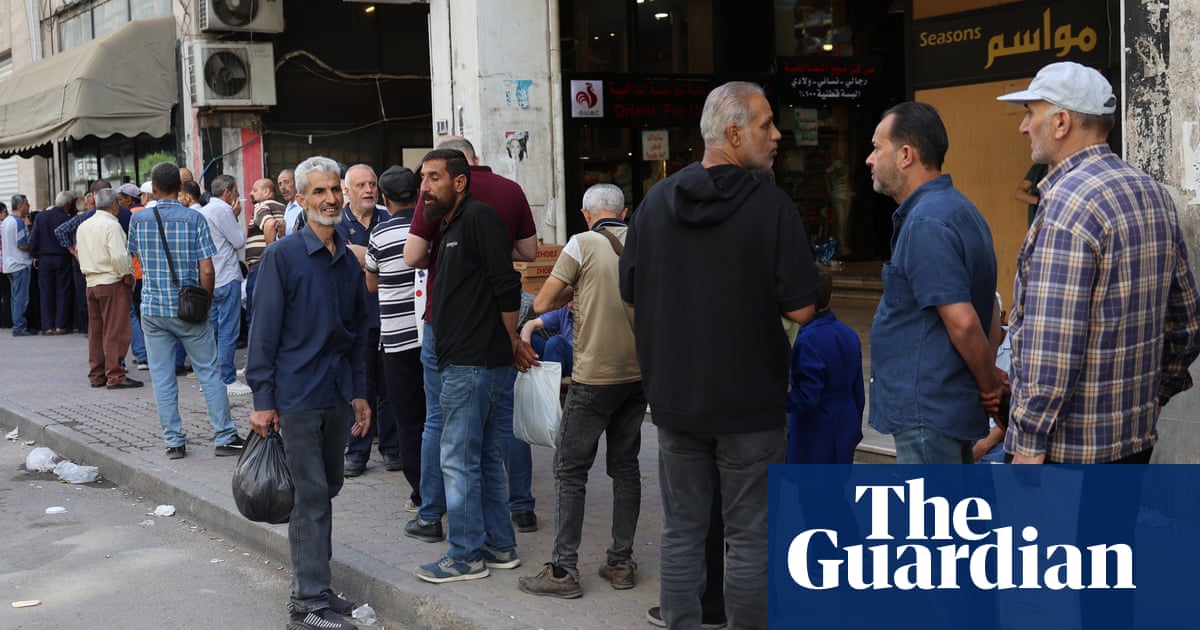The EU has agreed to lift economic sanctions onSyriain an effort to help the war-torn country recover after the fall of the Bashar al-Assad regime.
After the decision by EU foreign ministers on Tuesday, the EU’s chief diplomat, Kaja Kallas, wrote on X: “We want to help the Syrian people rebuild a new, inclusive and peaceful Syria.”
The move comes one week after Donald Trump announced that all US sanctions on Syria would be lifted, after he met the Syrian president, Ahmed al-Sharaa,and told the former jihadist he had an “enormous opportunity”.
Speaking before the decision was formally approved, Kallas told reporters there had been some “very intense discussions” about lifting sanctions.
She said: “There are worries about whether the [Syrian] government is going [in] the right direction. But I think we don’t have a choice. We … either give them the possibility to stabilise the country or we don’t do that,” suggesting that failure to lift the sanctions could push Syria down a path similar to Afghanistan.
After the Taliban returned to power in August 2021,Afghanistan’s economy collapsedas the country’s central bank assets remained frozen, leaving ordinary people facing huge price increases for basic goods such as flour, rice and oil.
The EU decision came as the US secretary of state,Marco Rubio, said Syria could be weeks away from another civil war of “epic proportions”, as he called for support to the transitional leadership.
He told a US Senate hearing: “It is our assessment that, frankly, the transitional authority, given the challenges they’re facing, are maybe weeks – not many months – away from potential collapse and a full-scale civil war of epic proportions, basically the country splitting up.”
The EU dismissed suggestions its decision was a response to US policy.
Just weeks after Sharaa’s forces ousted the Assad regime, the EU in February suspended sanctions targeting Syria’s energy and transport industries and eased restrictions on four banks and an airline company in an attempt to get more money flowing through the financial system.
Some member states argued those measures were not sufficient to stabilise the Syrian economy. But EU officials have been concerned about an upsurge in violence, with deadly clashes between Syrian security services and fighters loyal to the Assad regime. In March,more than 1,000 people, including 754 civilians, were killedduring two days of clashes between security forces and fighters loyal to the former regime, according to an independent monitoring group.
Last month,at least 16 people diedafter an attack on a security checkpoint by unknown gunmen and an attack on a Druze-majority suburb in Damascus. Relations between the Syrian government and the Druze community, an Arab religious minority of about 500,000 people, are already tense over negotiations about a future Syrian state.
The EU has called on Syria’s government to ensure a “peaceful and inclusive transition”.
Germany’s foreign minister, Johann Wadephul, said in a written statement: “TheEuropean Unionwants to make a fresh start with Syria … but we also expect an inclusive policy within the country that includes all population groups and religious groups.”
